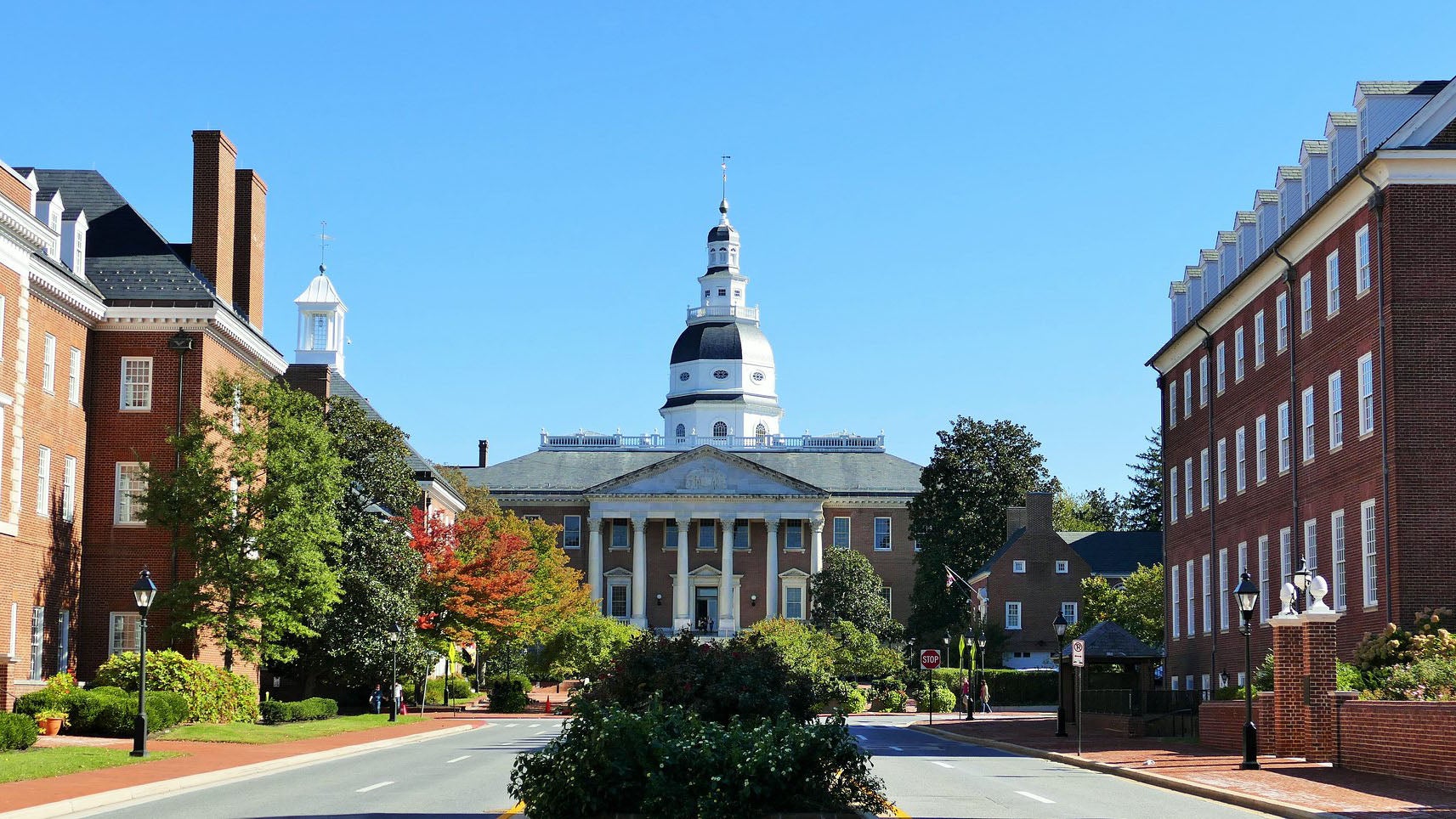Maryland Commission on Climate Change Makes Moves to Electrify the Old Line State
The recent MD Climate Commission Report makes important recommendations to tackle the climate crisis.
Earthjustice’s Right to Zero campaign aims to protect every community’s right to clean air and a livable climate. Alongside our advocates in the DC, Maryland and Virginia (DMV) area, we are building a future that includes electric cars and trucks on our roads and electric appliances in our buildings—all powered by a 100 percent clean electricity grid. With strong local leadership, we can realize this vision and tackle the climate crisis.
A new report by the Maryland Commission on Climate Change, a body that’s chaired by the Secretary of the Maryland Department of the Environment, makes important recommendations that we believe will help us achieve an all-electric future. The following points reflect some of the strongest recommendations made in the report that we think can achieve the greatest impact to avert the worst effects of climate change as well as improve Maryland’s air quality.
Electrify buildings by adopting an All-Electric Construction Code and creating a Building Emissions Standard
The General Assembly should require the Maryland Building Code Administration to adopt a code that ensures that new buildings meet all hot water and space heating needs without the use of fossil fuels, allowing for the use of electric heat pumps, solar thermal, and other existing and potential clean energy solutions. This should apply to all new residential, commercial, and state-funded buildings, which should be ready for solar, electric vehicle charging, and integration with the grid, beginning as early as possible but no later than 2024.
The General Assembly should also require the Maryland Department of Energy to develop a Building Emissions Standard that achieves net-zero emissions from commercial and multifamily residential buildings by 2040.
Heat existing homes and business without fossil fuels by developing a Clean Heat Retrofit Program
The General Assembly should require state agencies to develop and implement a Clean Heat Retrofit Program that meets the following targets:
- Retrofit 100 percent of low-income households by 2030;
- Encourage fuel-switching (allowing energy efficiency funds to be used to switch from gas heat to electric heat) beginning in 2024;
- Encourage beneficial electrification through EmPOWER beginning in 2024;
- Target 50 percent of residential HVAC and water heater sales to be heat pumps by 2025, 95 percent by 2030;
Develop Utility Plans for a Just-Transition
The General Assembly should require the Public Service Commission to oversee a process for the electric and gas utility companies to develop plans to achieve a structured and just transition to a near-zero emissions buildings sector in Maryland.
In addition to these core recommendations, we also support:
- Prioritizing an equitable level of benefits to limited income households, the state’s affordable and multifamily housing stock, and low-income ratepayers.
- Using federal funds to perform comprehensive health, safety, efficiency, and electrification retrofits for affordable housing and to ensure that any new federal funds are not used to support the expansion or installation of new fossil fuel infrastructure or appliances.
- Ending financial subsidies for fossil fuel appliances.
- Lifting the limitations on net metering, virtual net metering, and meter aggregation that apply to commercial property to allow those buildings to share energy.
We look forward to working with the Commission to ensure that these priorities are enacted. The Maryland Commission on Climate Change is charged with advising the Governor and General Assembly on ways to mitigate the causes of, prepare for, and adapt to the consequences of climate change.
Earthjustice’s Clean Energy Program uses the power of the law and the strength of partnership to accelerate the transition to 100% clean energy.
